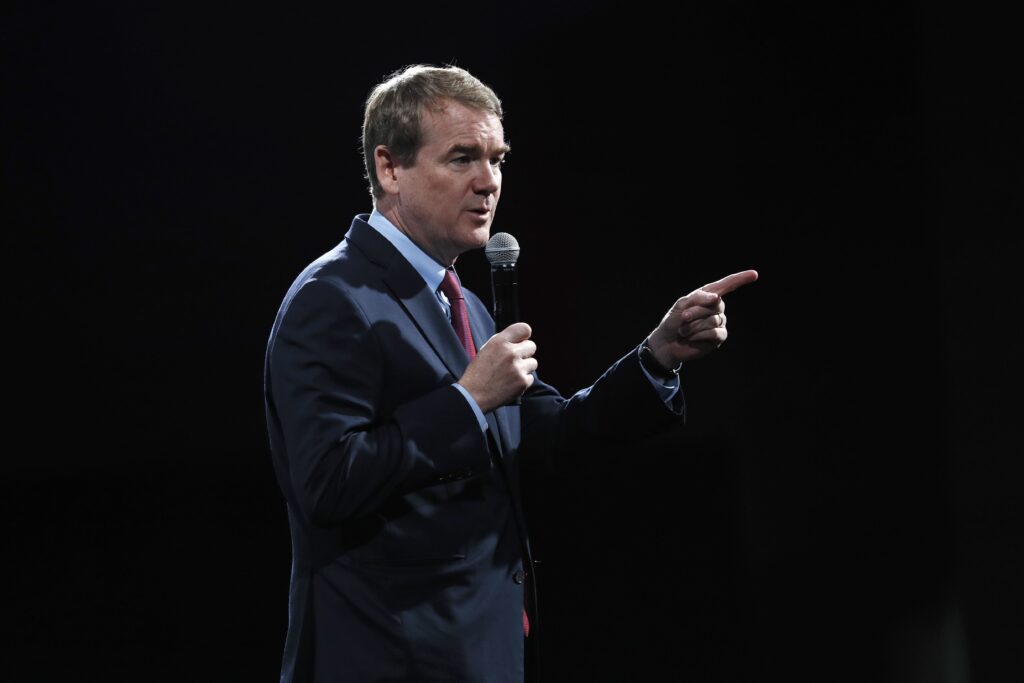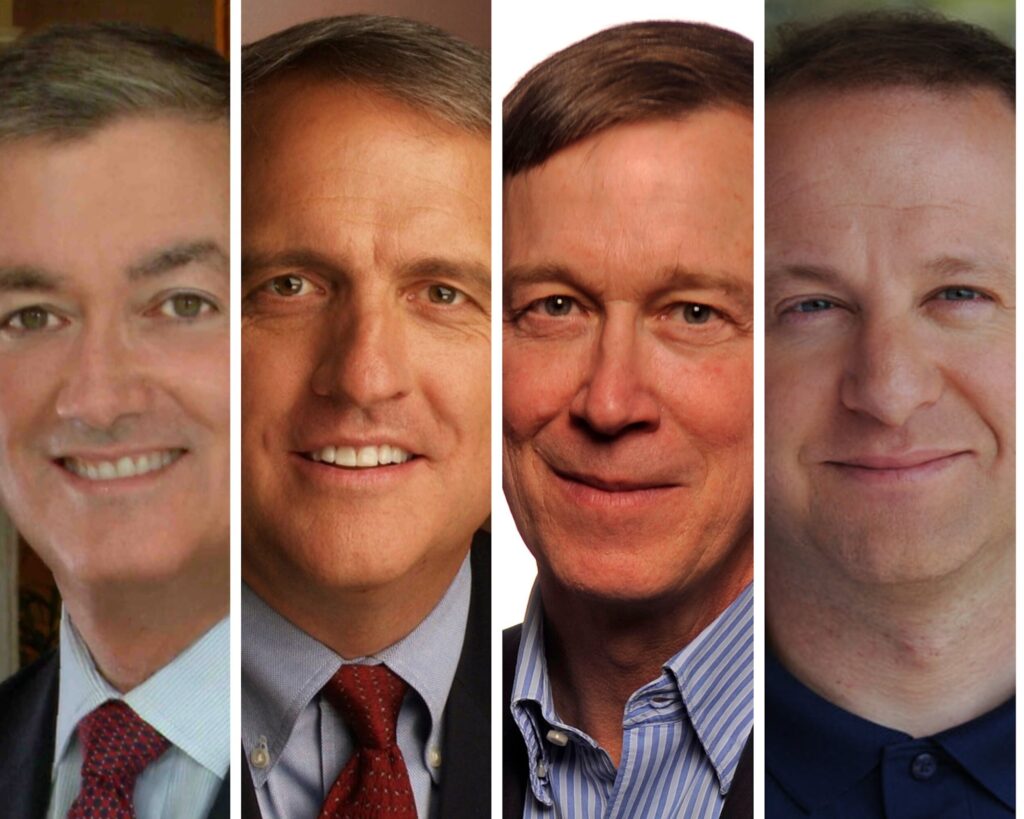The left’s moral equivocacy on China | SLOAN


French President Emmanuel Macron went to the People’s Republic of China last week and has been busy explaining himself ever since. In an interview with Politico following his tete-a-tete with Chinese Communist Party boss Xi Jinping, he engaged in that most quintessentially French exercise in foreign relations; expressing in no uncertain terms France is not the United States.
This sort of thing has come to be expected of a French head of state, but what was galling about this particular episode was the lengths to which Macron mouthed the Communist Party line concerning Taiwan. The crux of what he said was: Europe was not a vassal of the United States; Taiwan was not really Europe’s problem; and the current “one China” status quo is hunky dory, so let’s just not talk about it, okay? More wine?
It’s a remarkable misreading of the situation, even by French standards. Even a cursory review of the history of Taiwan and China instructs this is not a mere internal dispute. The deeper one looks into that history and the geopolitical architecture of the region the clearer that fact is, and the importance of Taiwan’s security to the West in general. The history of appeasement has not generated an impressive track record, and the fact is that maintaining peace – and the status quo – requires an effective deterrent.
Stay up to speed: Sign-up for daily opinion in your inbox Monday-Friday
Macron’s attitude is part of a concerning and growing trend among the left to equivocate on the China-Taiwan issue. The appetite seems to be to say that, yes, Communist China has not always been on its best behavior but, well, they make things for us, and really, who are we to judge anyway? Yes, I’d love some more wine, thank you.
The New York Times’ solon Nicholas Kristof offers a fine example. In his column a couple days ago titled “How to Avoid a War with China”, Kristoff offers this: “I need no reminder of how oppressive China can be: I was on Tiananmen Square in June 1989 and witnessed as the People’s Liberation Army fired on the crowd that I was in. But I also saw China lifting more people out of poverty than any other country in history and vastly improving education and health outcomes.”
I suppose technically that may be true, given China’s quarter share of the world’s population couldn’t help but benefit from the PRC’s limited-time-only flirtation with capitalism, a century-and-a-half after much of the rest of humanity was pulled out of poverty by the West’s embrace of it. Still, I’ll put Taiwan’s economic success up against Red China’s any day. In any case, it’s a little on the order of saying the Nazi’s pulled Germany out of the Depression. Sure they did, but at what cost?
He goes on to say “I’m among those wary of TikTok because of the risk that it might be used for spying. But I also know that the United States has similarly used private businesses to spy on China.” Of course we did. And? That’s what nation-states do. The issue is not “spying” per se, it’s the ideological motives and intentions of the country doing the spying. The West worked feverishly for decades to plant agents in the Soviet government, but we still executed the Rosenbergs.
The Times editorial board weighed in as well. In an editorial reminiscent of the type of relativist peace-at-any-cost drivel the grey lady was so known for throughout the Cold War, they wrote “Chinese actions and rhetoric also need to be kept in perspective. By the standards of superpowers, China remains a homebody. Its foreign engagements, especially outside its immediate surroundings, remain primarily economic.” As if economic imperialism was benign? Or this: “America and China are struggling with many of the same challenges: how to ensure what President Xi Jinping has termed ‘common prosperity’ in an age of income inequality.” The Times hasn’t expressed this much admiration for a dictator since they lost Gorbachev.
This is a developing and disturbing narrative among the left, which cannot reconcile it’s embrace of moral relativism with the notion that there is something inherently better about life in Miami, or Liverpool, or Taipei, than life in Havana, or Moscow, or Shanghai. It is precisely this sort of international moral equivocacy that will ultimately aggravate the situation. Margaret Thatcher once wrote “the greatest dangers when dealing with regimes like China’s usually arise from confusion and perceived weakness that lead them to miscalculate.” Those miscalculations, at the current rate, will not tip the balance in the favor of liberal democracy.
Kelly Sloan is a political and public affairs consultant and a recovering journalist based in Denver.












